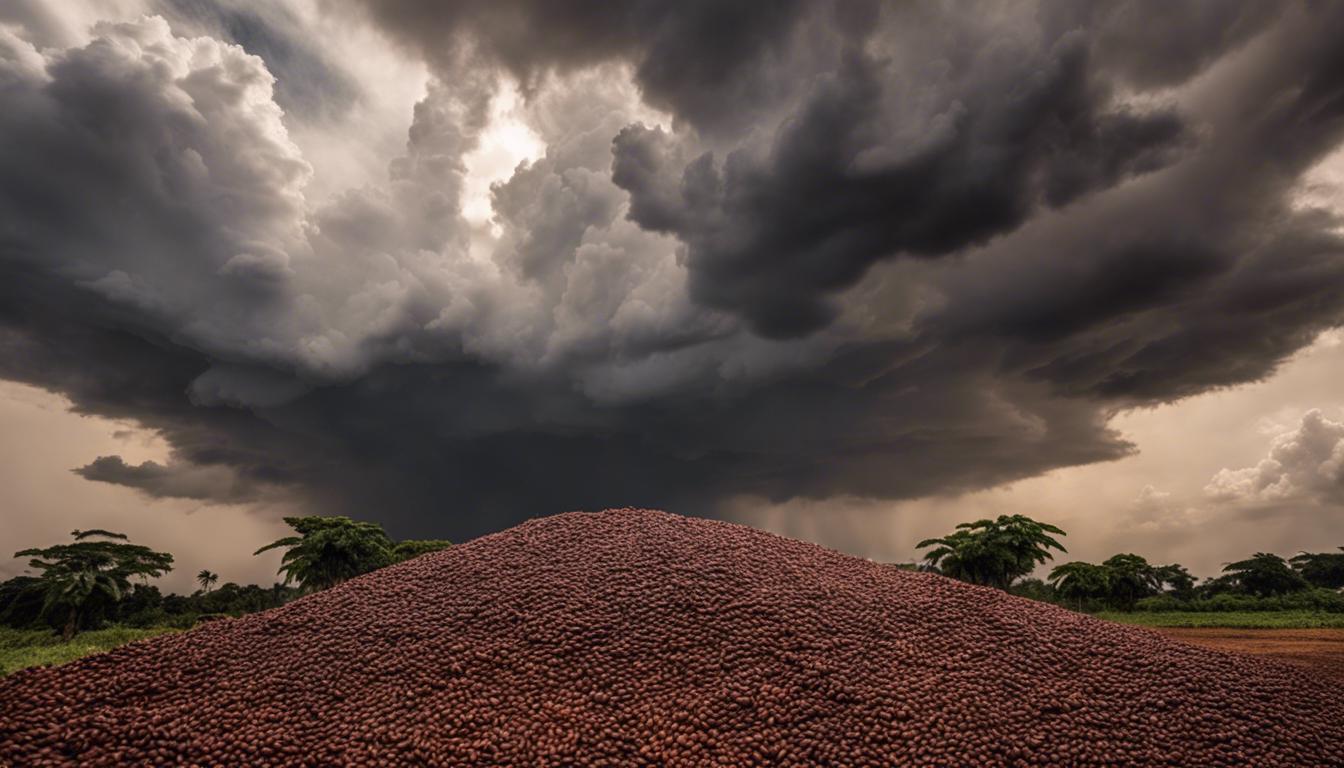Cocoa prices have hit record levels due to the impact of climate change and El Niño, affecting Easter egg costs in the UK and highlighting the broader risks to global food supplies.
Cocoa prices have surged to record highs affecting the cost of Easter eggs in the UK, driven by climate change and exacerbated by El Niño conditions. A series of reports have highlighted the detrimental impact of extreme weather events on cocoa production in West Africa, a key supplier to the UK chocolate market. The region has faced a combination of intense heatwaves and heavy rainfall, leading to diminished crops due to plant rot and black pod disease.
The Energy and Climate Intelligence Unit pinpointed climate change impacts, particularly in Ivory Coast and Ghana, as critical factors behind the reduced cocoa yields. The World Weather Attribution group noted that recent extreme temperatures in West Africa, which have significantly impacted cocoa production, were made ten times more likely by human-induced greenhouse gas emissions. Consequently, cocoa prices have escalated to approximately £6,700 per tonne.
Farmers in West Africa, reliant on cocoa for income, are facing severe challenges due to these climate phenomena. The situation not only threatens their livelihoods but also challenges the supply chain of cocoa to markets such as the UK. Experts call for urgent global action to reach net-zero emissions to mitigate the worsening effects of climate change on food staples like cocoa.
Additionally, the rising temperatures and subsequent impact on cocoa yields underscore the broader implications of climate change on other commodities like rice, tea, and bananas, which are also imported from vulnerable countries. The current scenario highlights the increasingly tangible consequences of climate change on global food supplies and the pressing need for adaptation and support for affected regions.













